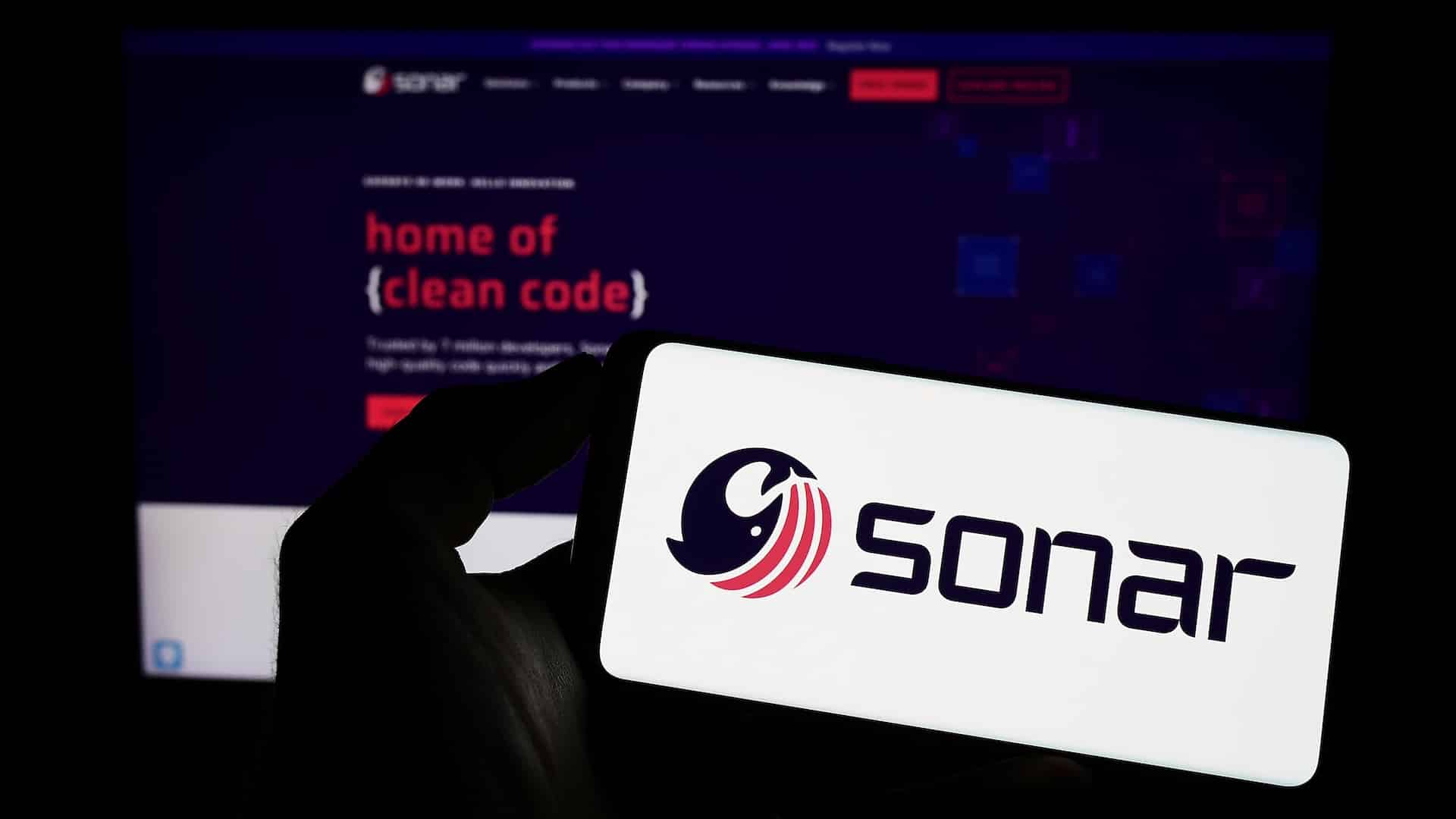The digital age demands impeccable software quality, and malfunctions can lead to financial loss or damage to a company’s reputation. This is where the test engineer comes in.
In this article, we’ll take a closer look at this profession, to find out about all its facets: skills, missions and essential processes.
Overview
What is a test engineer?
A test engineer is a professional specializing in software validation and verification. Their main role is to ensure that IT solutions meet specified requirements and are free from defects before deployment.
The ultimate goal is to ensure optimum quality for a flawless user experience.
Often working in multidisciplinary teams, the test engineer identifies bugs, anomalies and technical weaknesses using rigorous methods.
This specialist is also required to use various test tools and programming languages to automate and carry out tests efficiently.
The key skills of a test engineer
Programming languages and test tools

Selenium is often the preferred choice for web browser test automation. Mastering this tool not only increases efficiency, but also ensures broader test coverage.
Selenium WebDriver offers remarkable flexibility for scripting in a variety of programming languages, including Java, C#, Python and more.

When it comes to managing projects and keeping track of tasks, Jira remains a must-have. This software keeps teams organized and communication clear and concise.
Test engineers therefore need to be comfortable using this tool to document anomalies and collaborate effectively with developers.

Postman is an essential tool for API testing. It enables you to design, test and automate API requests, while verifying their correct operation. Thanks to its ease of use and advanced features, such as collections and automated tests, it is particularly useful for validating exchanges between different systems.

Octoperf is a powerful solution for performance and load testing. This tool offers an intuitive interface for designing and running large-scale load test scenarios, while producing detailed reports. Its compatibility with frameworks such as JMeter and its ability to simulate large numbers of users make it an ideal choice for analyzing application scalability.

Jenkins is a continuous integration server widely used in DevOps environments. Test engineers use it to automate test execution in the development pipeline, guaranteeing fast, reliable application delivery. Its compatibility with other tools such as Selenium, JUnit and Octoperf makes it an essential asset.

Appium is the benchmark for mobile testing. This open-source tool lets you test iOS and Android applications using scripts written in different languages, offering flexibility similar to Selenium but adapted to mobile environments.

For load and performance testing, Apache JMeter can simulate large user loads to analyze the behavior of systems under stress, guaranteeing their reliability and scalability.
Soft skills
Rigor in the process
Rigor is an indispensable quality for any test engineer. It ensures that every aspect of the product is meticulously scrutinized. This includes the creation of detailed test plans, the precise drafting of test cases and the careful execution of procedures, ensuring that all possible scenarios are covered.
Analytical skills
Analytical thinking enables you to break down complex problems into manageable parts and find solutions quickly. This skill is particularly useful in the diagnostic and troubleshooting phases, where the root causes of software malfunctions need to be identified. The test engineer must be able to compare expected results with actual results to determine the essence of a problem.
Effective teamwork
Test engineers don’t work in a vacuum; they are a key piece in the puzzle, despite their often-perceived distinctive position. Collaboration with developers, project managers and other team members is essential.
Good communication greatly reduces misunderstandings, resulting in a much more reliable and well-designed end product.
Interpersonal skills
In addition to technical skills, strong interpersonal skills are crucial. These skills take many forms: knowing how to get your message across diplomatically, accepting constructive feedback and adapting to the different personalities within the team.
The ability to establish positive relationships at work improves not only the general atmosphere, but also productivity.
Creativity in testing approaches
Test engineers need to be creative in imagining all the possible scenarios in which software can fail. This requires thinking outside the box to identify potential flaws that others might miss.
Bringing fresh perspectives to complex challenges can reveal innovative and effective solutions.
Adaptability
In a constantly evolving technological environment, adaptability is crucial. Systems change, requirements evolve, and a good test engineer has to be ready to modify his methods to meet changing needs.
The ability to learn quickly and apply new techniques is therefore a great added value.
Autonomy
Being autonomous means being able to manage tasks without the need for constant supervision. In the context of testing, this includes taking the initiative to design and execute tests without waiting for specific instructions.
This autonomy means that problems can be detected and solved more quickly, increasing the team’s responsiveness to challenges.
The role of the test engineer
Test types
Functional testing
Functional testing is designed to check that the software functions in accordance with established specifications. They mainly concern functions visible to the user, and ensure that each function fulfills its role.
For example, testing a registration feature on a platform guarantees that the user can create an account without encountering any problems.
Non-functional testing
Non-functional tests evaluate aspects such as software performance, security and compatibility.
These tests ensure that the product can handle a high user load without slowing down or crashing, that it is secure against potential attacks, and that it works correctly on different devices and operating systems.
Automated testing
Test automation has become essential. Automated testing involves using scripts and tools to execute test cases without human intervention.
Thanks to this method, tests can be easily re-executed when the code is modified, guaranteeing that nothing has been broken during development.
Steps in the testing process
The testing process is made up of several key stages, which help to structure and organize the work efficiently. Each step contributes to ensuring the quality and robustness of the software under test.
It all starts with test planning. This phase involves defining test objectives, selecting the types of tests to be carried out and creating a detailed schedule. Careful planning is essential to avoid delays and ensure maximum product coverage.
Next comes test design. This stage consists of developing test scenarios based on business and technical specifications. Each scenario must be clearly documented, so that it can be repeated and automated in the future if necessary.
Once the design phase has been completed, we move on to test execution. During this phase, tests are carried out in accordance with the previously defined plans. The results are recorded and analyzed, and any anomalies discovered are reported to the development teams.
Employment prospects in German-speaking Switzerland
German-speaking Switzerland is a very active technology region, with many companies specializing in IT, finance, healthcare and other industries.
For these companies, software quality is paramount, and rigorous software testing guarantees not only functionality but also product safety.
Technical skills in automated testing and test automation are particularly in demand. Engineers able to automate test scenarios using software languages and tools such as Selenium, Jenkins or JUnit are in high demand.
What’s more, rapid advances in DevOps technologies are increasing the need to continually integrate automated testing into development processes.
What is the average salary of a test engineer?
Salaries vary according to experience, location, skills and the type of company you work for.
How do I become a test engineer?
Training and certification
Becoming a test engineer requires a good grounding in computer science, usually acquired through a degree in computer science or software engineering. Specific certifications can accelerate the path to this profession.
ISTQB (International Software Testing Qualifications Board) certification is widely recognized and respected in the industry. It offers different levels of qualification, from basic to expert, enabling engineers to prove their technical skills in software testing and quality assurance.
Academic career and continuing education
In addition to certifications, a solid academic background is often necessary, and a Bachelor’s degree in computer science or software engineering is a good foundation.
Some professionals choose to continue with a Master’s degree to deepen their knowledge and specialize in software testing or quality assurance.
Ongoing training is also crucial in this constantly evolving field. Courses on programming languages and tools, Agile and DevOps methodologies, and the latest advances in test automation keep engineers up to date and enhance their employability.
Career opportunities for a test engineer
An entry-level test engineer can progress to more senior and specialized positions over time. After a few years’ experience, it’s possible to become a Test Lead or Test Project Manager, supervising teams and managing complex projects.
With even more experience, some opt for QA Manager positions, where they take charge of quality assurance for all a company’s products. These roles require not only advanced technical skills, but also project management and leadership abilities.
In addition, the development of DevOps skills and familiarization with the concepts of continuous integration and deployment offer rewarding professional prospects.
These skills are invaluable in combining effective testing and rapid delivery, both of which are essential in agile environments.
Test engineers are essential to guaranteeing the quality of the software we develop. Thanks to their technical and soft skills, they ensure that products are free of bugs and offer an impeccable user experience.
A career as a test engineer in the German-speaking part of Switzerland offers exciting and lucrative opportunities in a market in constant demand for software testing skills. From varied job offers to attractive salary prospects, test engineers have a promising future in this dynamic region.







